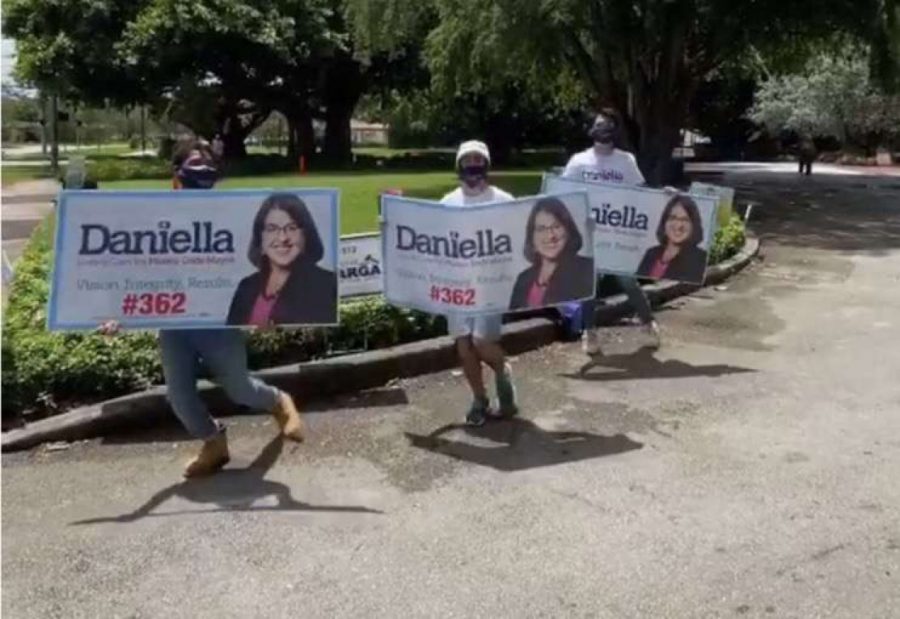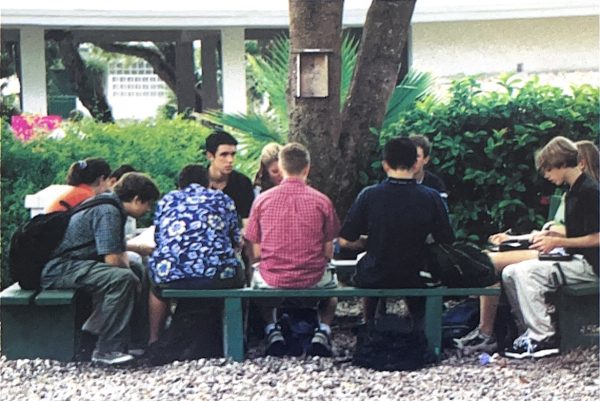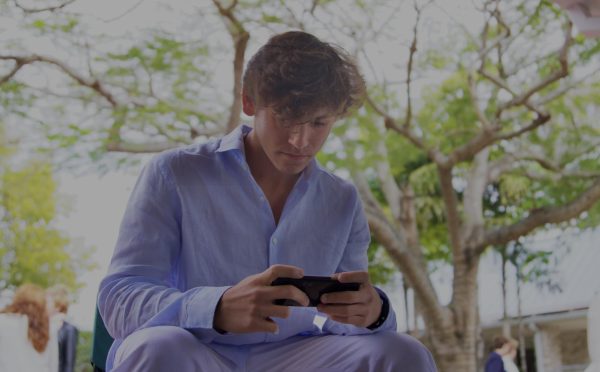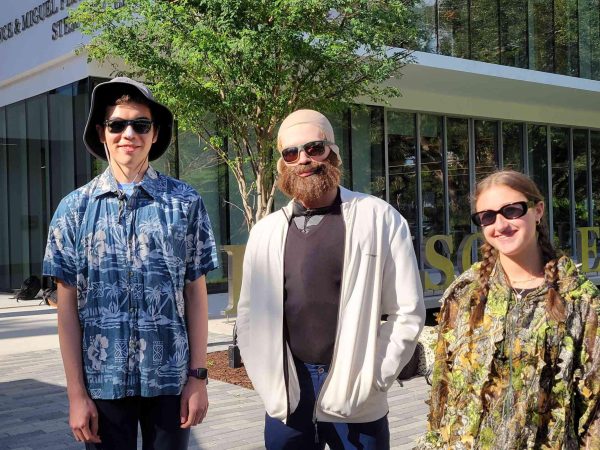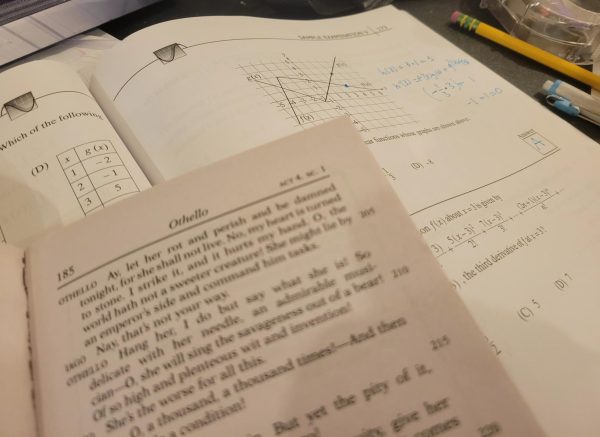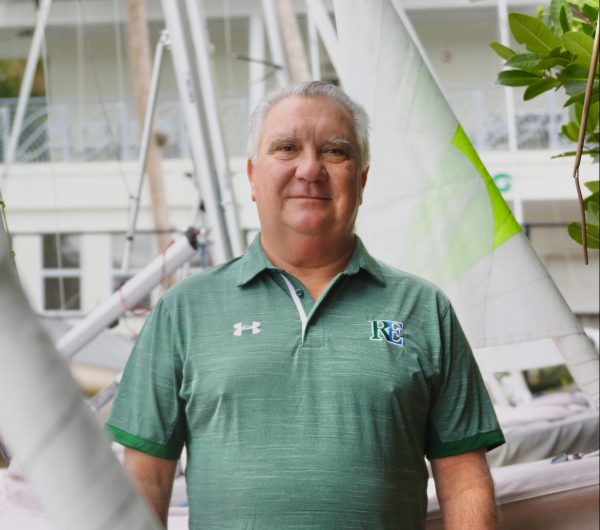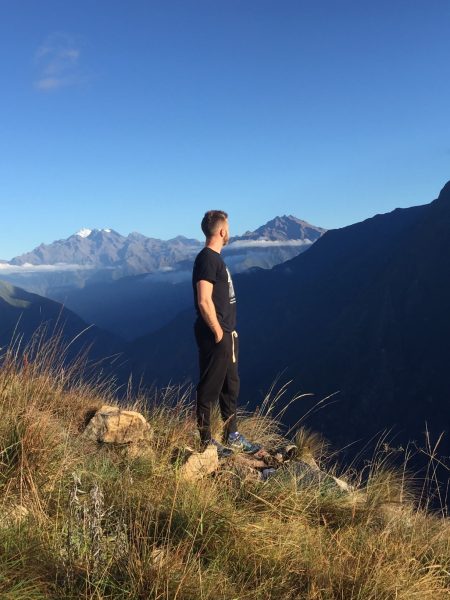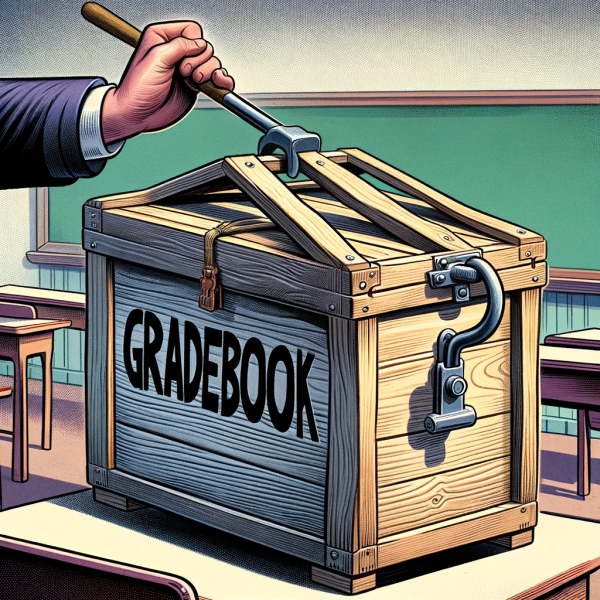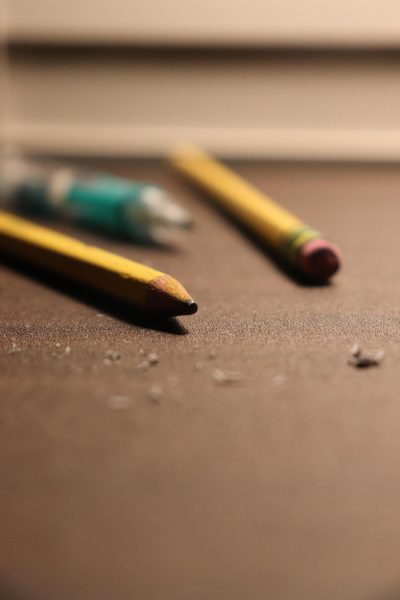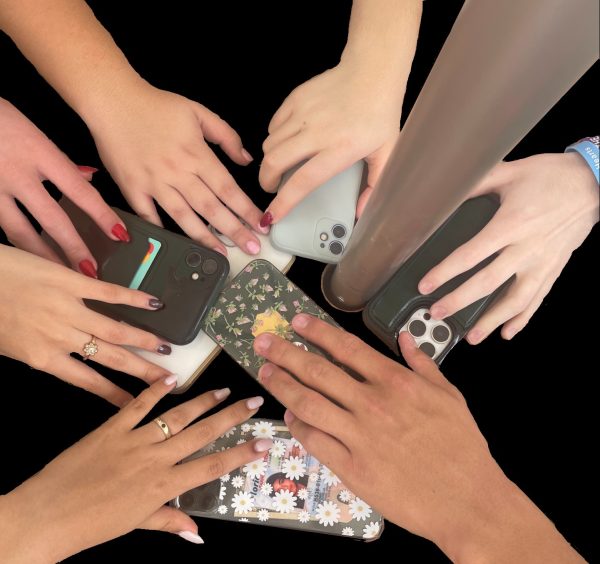Working a Summer Job: Finding Normality in a Pandemic
With the onset of the pandemic, the abrupt shift to REmote School, and, above all, the loss of everyday contact with one another, RE students struggled to maintain a sense of normalcy after March. For many students, the loss of a typical summer job was one more major casualty of the pandemic, as businesses remained closed and opportunities for virtual work seemed scarce.
Over the summer, however, some students found new opportunities – and others did new types of work that, even if it didn’t exactly feel normal, redefined what “normal” means.
For Shuli Rosenfeld ’21, the plan was to work with a group of kids from less privileged areas of Miami to explore culture and identity through food as part of her Dan Leslie Bowden Fellowship project.
“I wanted the kids to be exposed to other cultures and identities in order to better understand their own,” Rosenfeld said.
Over the course of five weeks, she exposed the kids to a variety of food from six different continents (unfortunately, she was unable to find authentic Antarctican cuisine), not only having them cook food from each continent, but exploring regional gastronomy more in depth, discussing culinary histories and ecosystem cuisines.
Part of her intention was to “stray away from a white, dominant perspective, because I know they’ll get that at school,” Rosenfeld said. “Kids might learn about the Indian Removal Act in history class, but they won’t learn about how it affected food patterns and Native American identity.”
The problem? She had to conduct the meetings virtually – and going virtual resulted in a time crunch, lessening the time that students spent working with her by an entire week.
“Because we were short on time from the beginning – we only had about 45 minutes per day to meet – all the ingredients I got had to be premeasured, sorted into small bags, and somehow be delivered to them. All of that would have been done in class.”
Still, the virtual format enabled some activities that she wouldn’t have otherwise considered. To make the most out of the virtual environment, Shuli had the kids complete some assignments outside of the program. For example, she had the kids ask their relatives questions about their cultural backgrounds to gain a better understanding of their identity.
Current senior Alex Dray ‘21 spent the summer as a paid canvasser for mayoral candidate Daniella Levine Cava, who ended up winning the election on Nov. 3. Dray went house to house to talk to potential voters about their issues and explained how Cava would address them.
“She’s big on environmental issues and wants to unite Miami-Dade…her message really spoke to me,” said Dray, who has canvassed for local candidates in the past.
The process was different this time, however – and in many ways, the differences came down to the smallest of details.
“Obviously, we had to maintain social distancing, but our protocol worked differently. It was the stuff you wouldn’t think of…little things like not taking water if people offered it to you made it a bit less personal,” Dray said. “Maintaining the personal aspect of canvassing was a unique experience.”
While some students chose to do independent work, others were able to get involved with groups. Dylan Stone ’22 interned with a group of other RE students at a Miami-based startup specializing in real estate development software called Deepblocks. As an intern, Stone ‘22 worked primarily with code, putting what she’s learned in her computer science classes at RE to good use.
“At the beginning of the summer, the heads at the company split all the interns up into multiple groups, each with a pretty unique role,” Stone said.. “One group worked on sales and marketing, another on data analytics…my group focused on coding robots that would scrape data to then input into the software.” She continued, “More generally, there was always a goal for each week. We worked on one bigger task with the goal of completing it before the end of the week, but because we were remote, they were able to spring more work on us—it didn’t always get done.”
Had it not been for the pandemic, Stone would have been competing at the USA Water Polo National Junior Olympics, as she did last summer. But even if her plans were shaken up, Dylan reflected on it as a blessing in disguise. “While I was obviously pretty sad about not being able to go to Junior Olympics, I definitely got much more out of this summer than I was expecting,” she said. “I had heard good things about [Deepblocks] from Claudia [Pinilla ‘20, a recent RE graduate who also interned there], but the summer totally exceeded my expectations.”
Even though their work came with adjustments, everyone was able to take positives away from their experience working over the summer. Stone, for instance, found comfort in working from home. “Frankly, it was nice to not have to wake up as early every morning. It would have been nice to see everyone in person but having much more flexibility in terms of the hours we worked was really helpful because of how busy our schedules were,” she said.
Meanwhile, the new format of her project made Rosenfeld end up getting the same thing out of her fellowship that her kids got. “The most enriching part of the summer was definitely talking to the kids’ parents and other relatives when I went to drop off supplies,” she said. “I wasn’t able to just gain a better understanding of other cultures through food, but something that I think is important to be aware of: how others view my culture.”


